Nov 23, (V7N) - Margarita Avila, a 66-year-old grocery seller in La Paz, reflects the growing despair among Bolivians as the nation grapples with economic instability and political infighting. Once thriving markets now struggle with unsold goods and inflation, while widespread protests underscore mounting frustration with the country's leadership.
At the heart of Bolivia’s turmoil is a bitter feud between current President Luis Arce and his predecessor, Evo Morales. Both belong to the ruling Movement for Socialism (MAS) party, but their rivalry has splintered the political left into opposing factions: "Evo-ist" loyalists and "Arce-ist" supporters. Morales accuses Arce of weaponizing the justice system to block his potential candidacy in next year’s elections.
Recent court rulings have added to the tension. Bolivia’s Constitutional Court ruled that elected officials are limited to two terms, effectively barring Morales, who served as president from 2006 to 2019, from seeking office again. The decision has fueled allegations of institutional bias, with analysts like Ana Lucia Velasco describing it as part of a broader trend of political polarization and manipulation of Bolivia’s justice system.
Protests and roadblocks led by Morales supporters have paralyzed much of the country, exacerbating inflation and fuel shortages. Ordinary Bolivians, from artisans to transport workers, have taken to the streets demanding urgent action to address the economic crisis.
The dollar shortage and rising prices have left many families struggling to make ends meet. Avila, reflecting the plight of many, said, “There is nothing to save. Everything is day-to-day.” For many, the ongoing political chaos has only deepened economic despair.
Bolivia’s justice system has come under intense scrutiny. Allegations against Morales, including claims of abusing a minor, have been mired in legal inconsistencies and accusations of judicial persecution. Meanwhile, the upcoming judicial elections on December 15 face skepticism, with past elections marred by high numbers of blank protest votes and accusations of partisanship in candidate selection.
Bolivia’s unique system of electing judges by popular vote was intended to foster impartiality but has largely failed, ranking the country 131st out of 142 nations in the World Justice Project’s Rule of Law Index. Analysts warn that the outcome of the judicial elections could reshape legal decisions affecting both Morales and Arce’s factions.
As political and economic crises converge, Bolivia faces a critical juncture. Restoring trust in its institutions, addressing inflation, and resolving internal divisions within MAS will be essential to stabilizing the nation. However, with both Morales and Arce deeply entrenched in their respective power struggles, solutions remain elusive.
For citizens like Avila, the urgent need is clear: “They no longer care about us,” she laments, as Bolivians endure the consequences of political battles that overshadow their daily struggles.
END/BUS/RH/



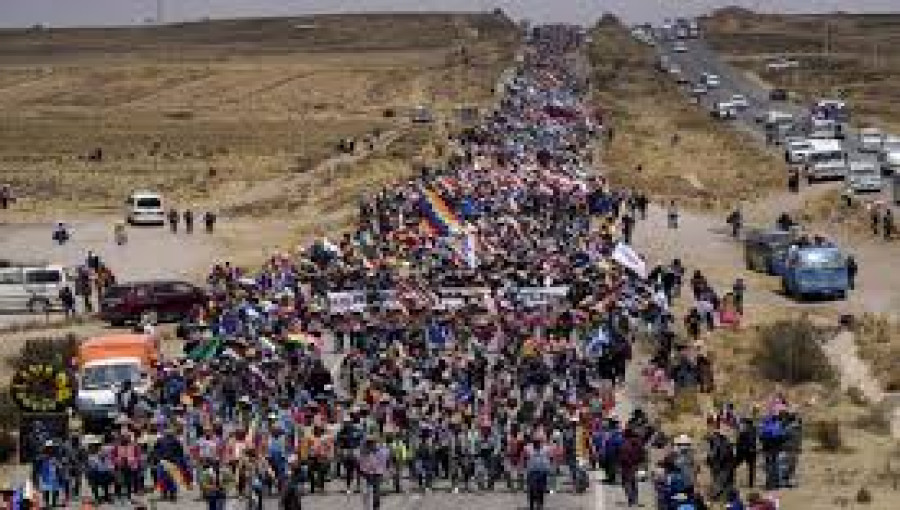
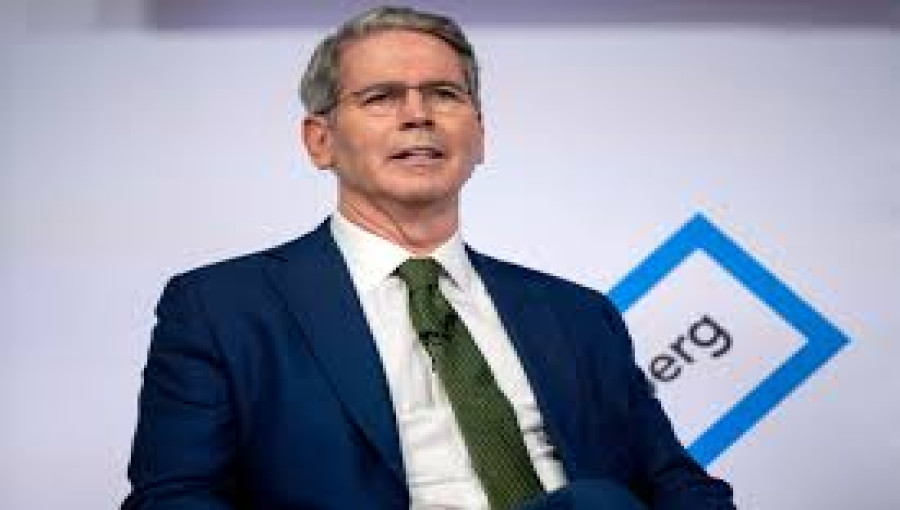


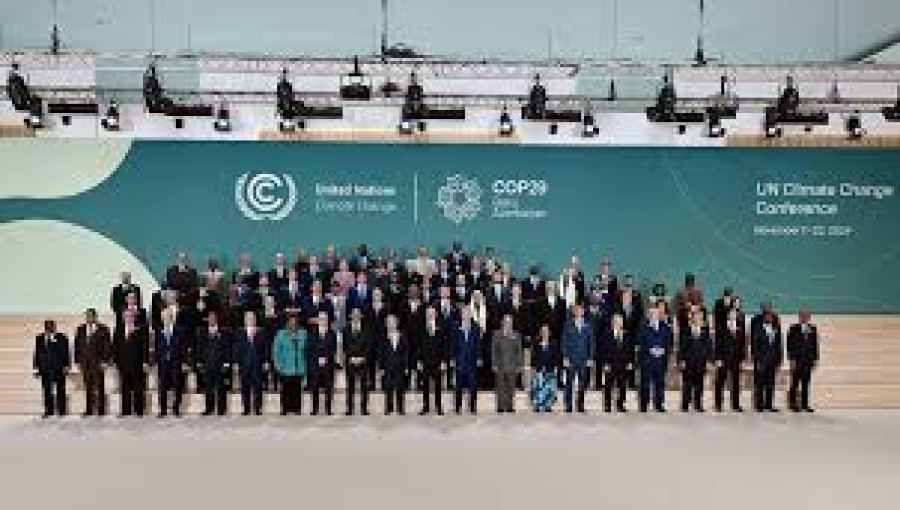


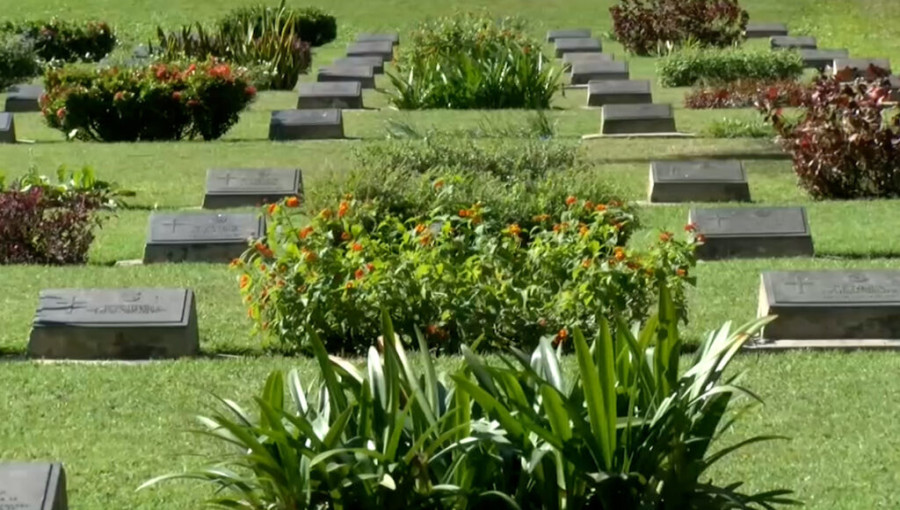
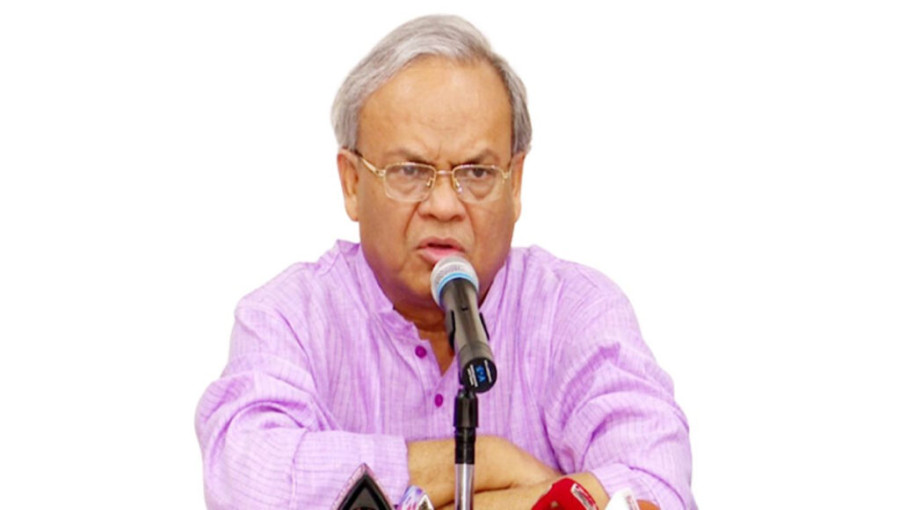
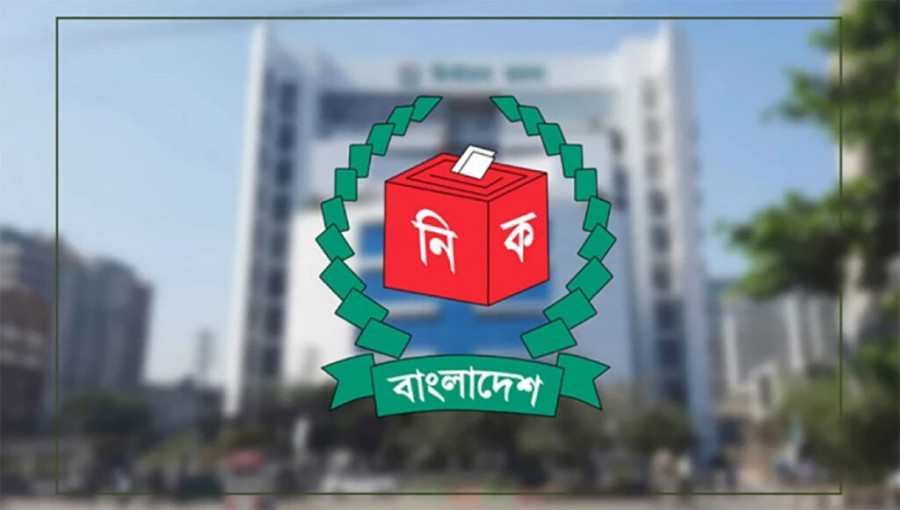
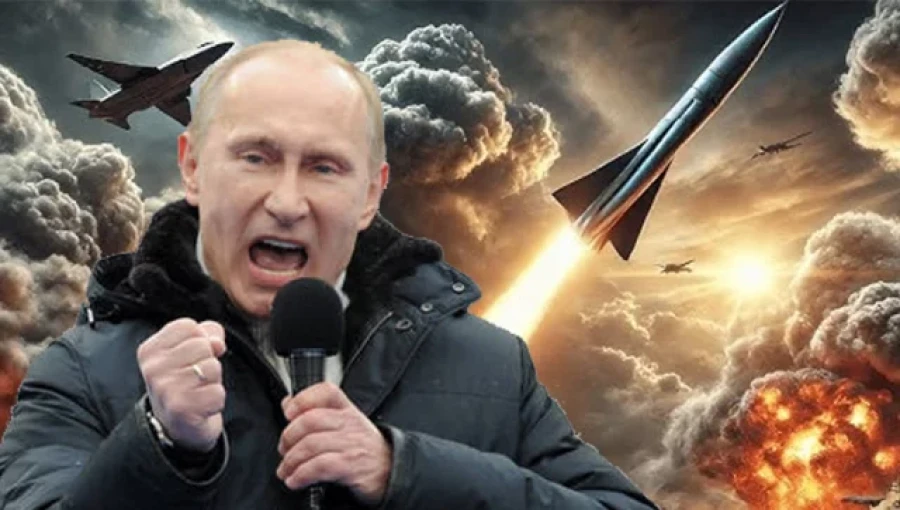
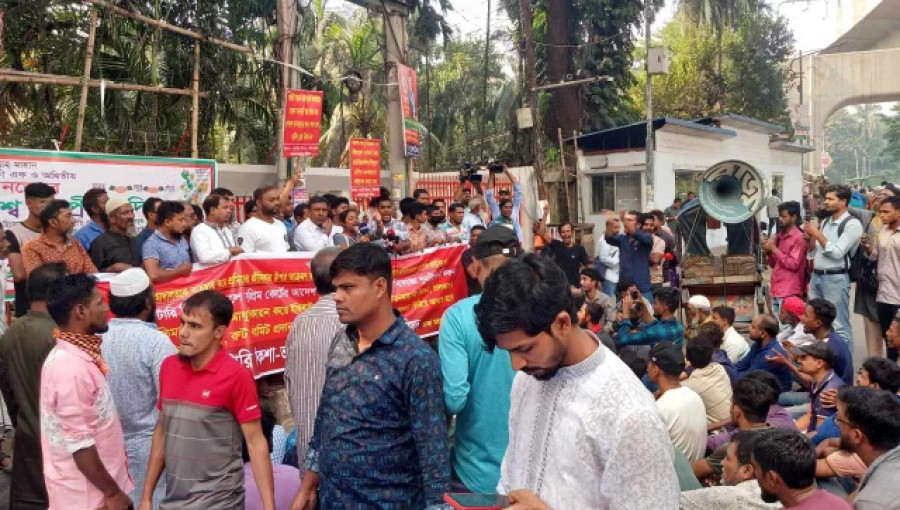
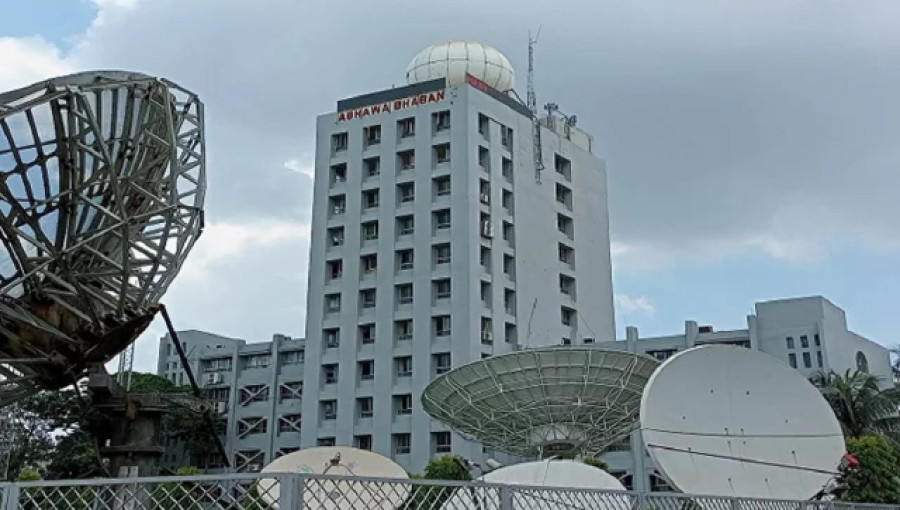
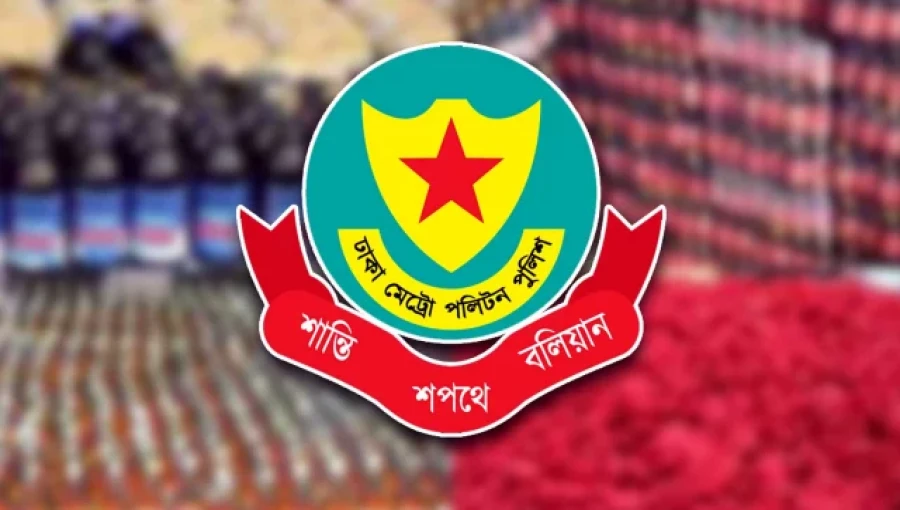
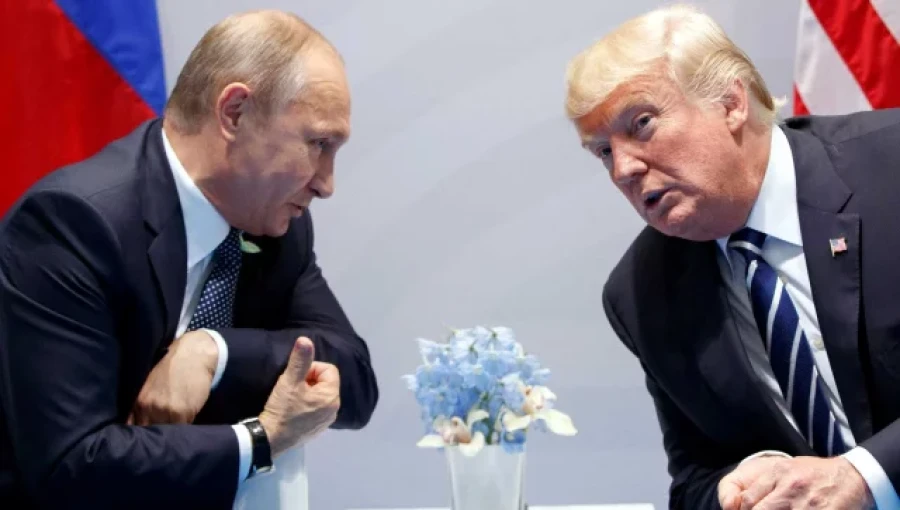
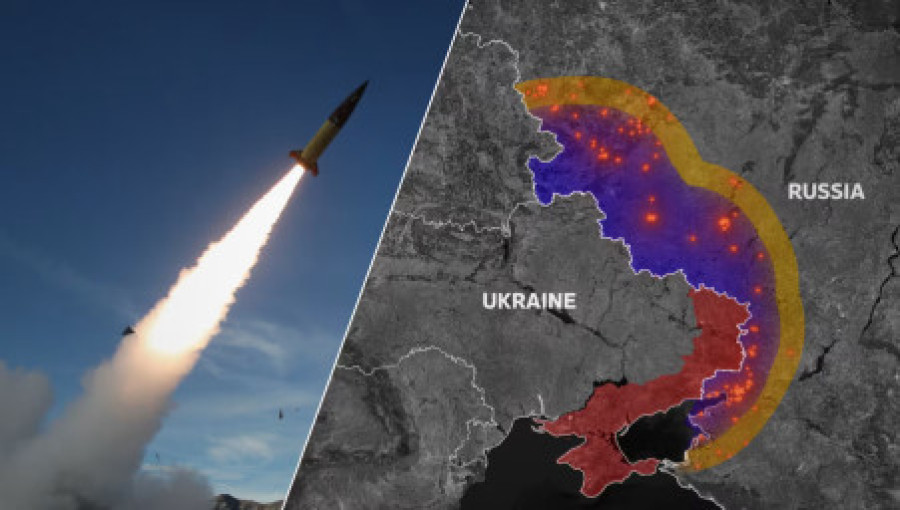


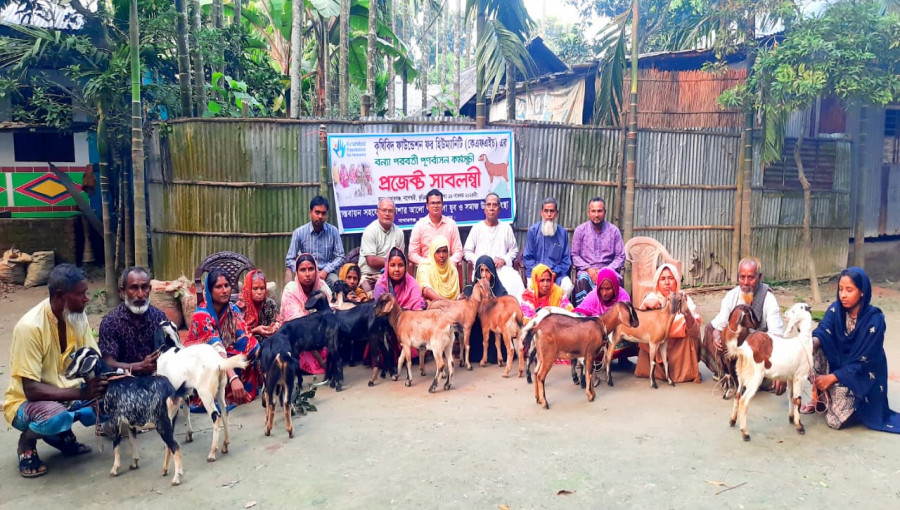
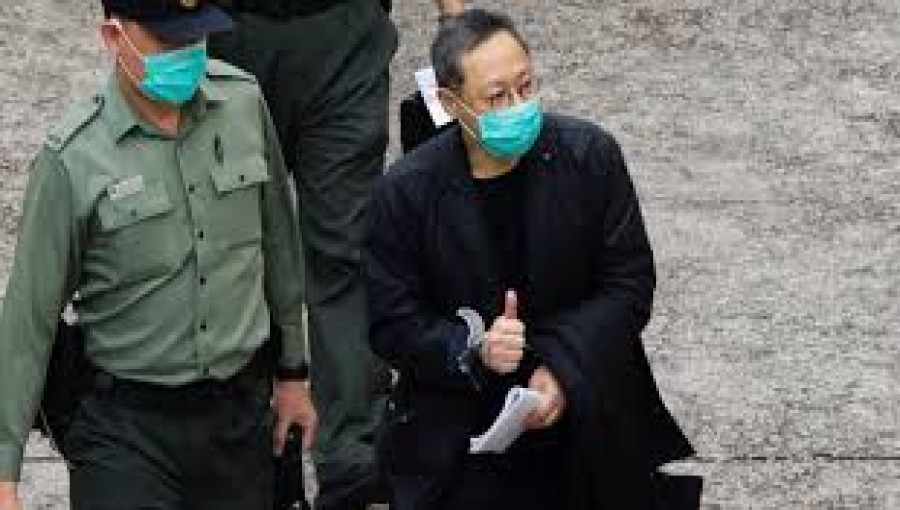
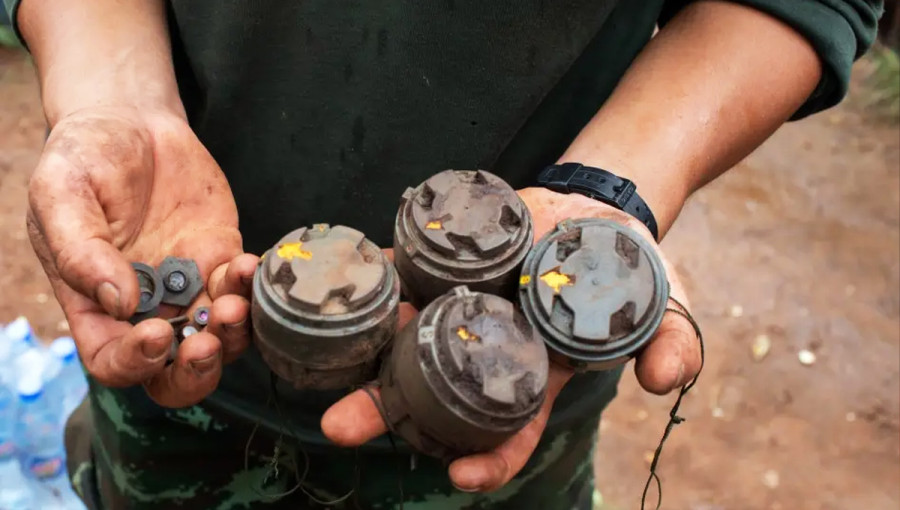
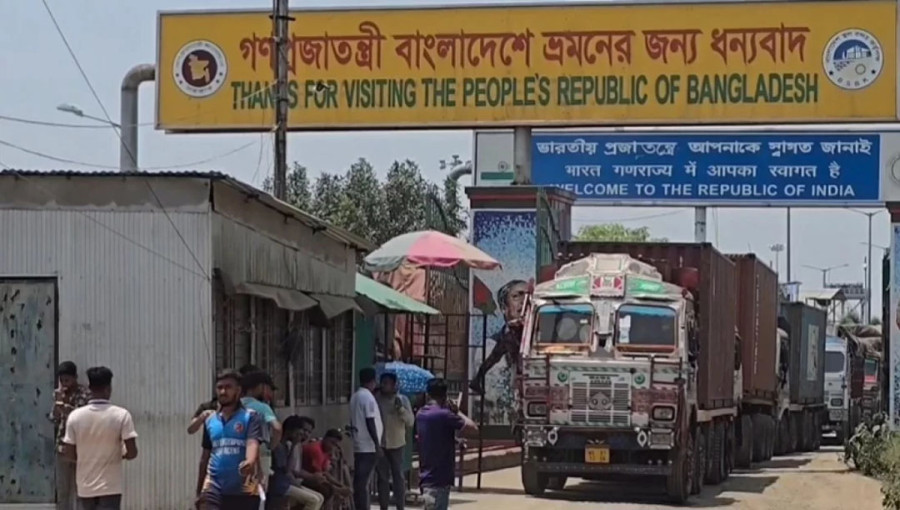
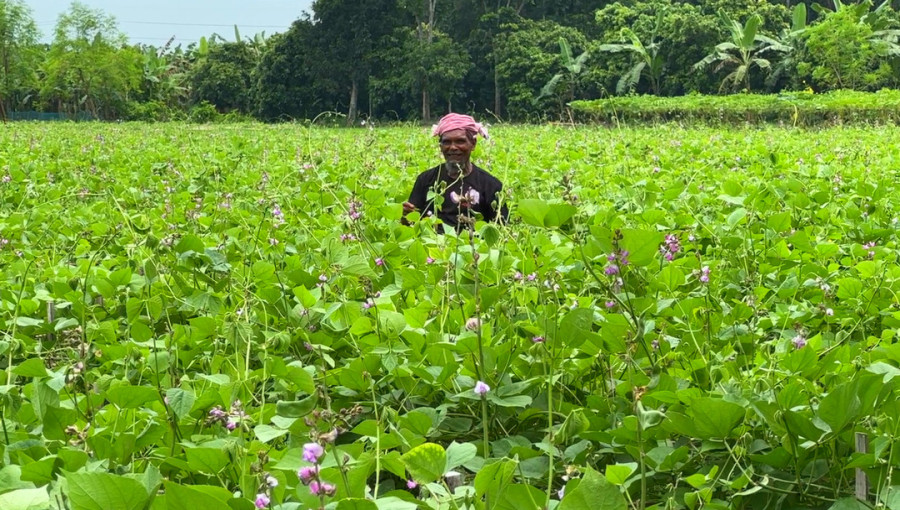
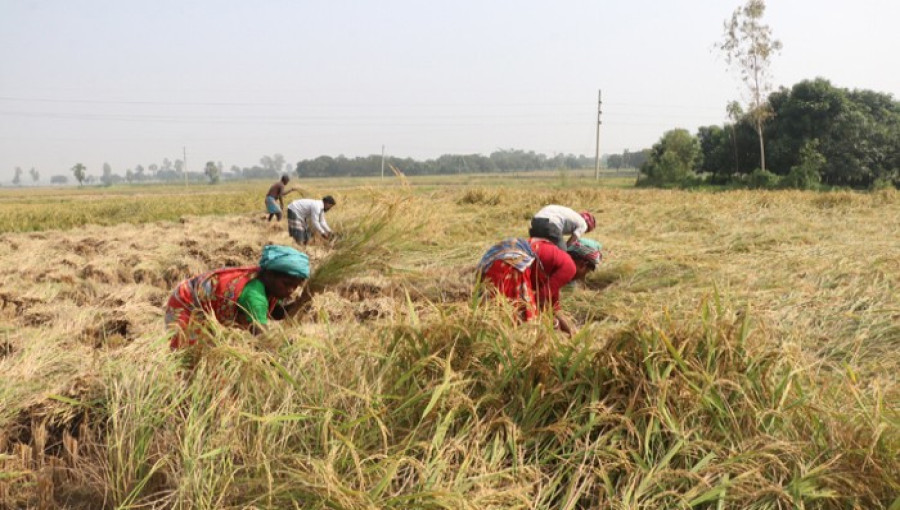
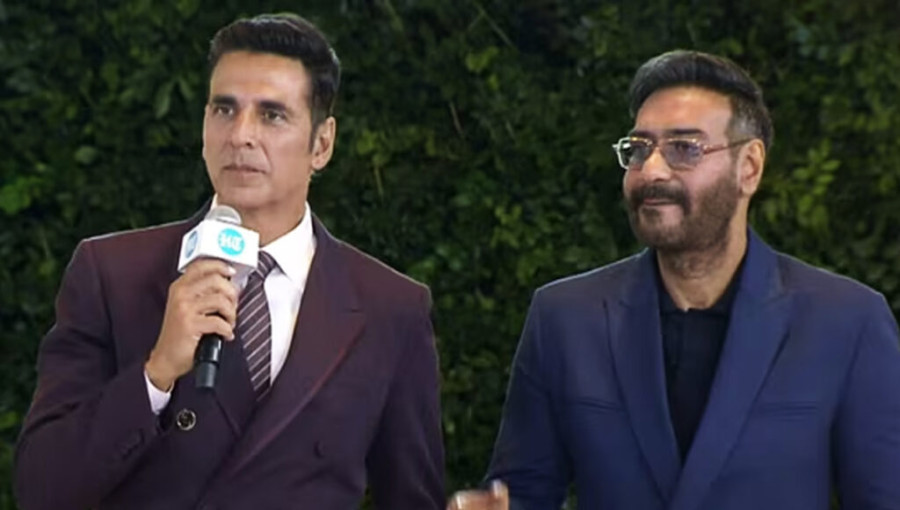
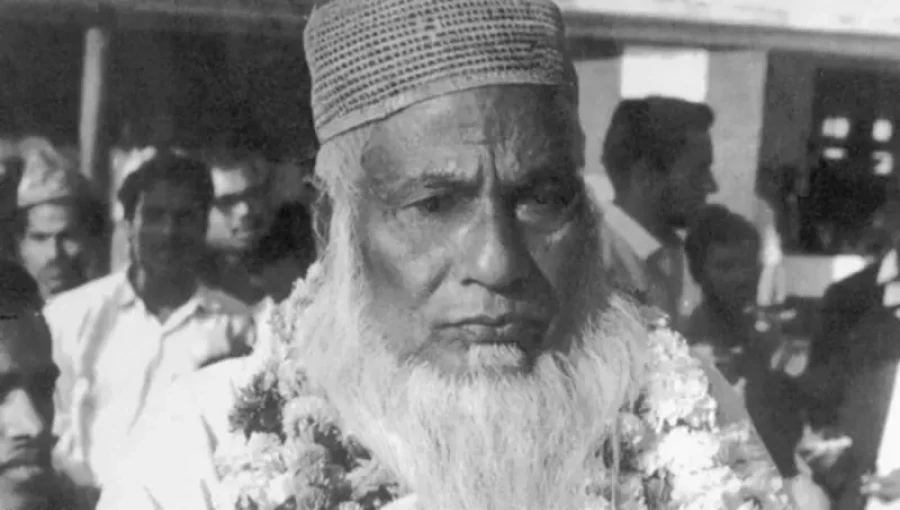
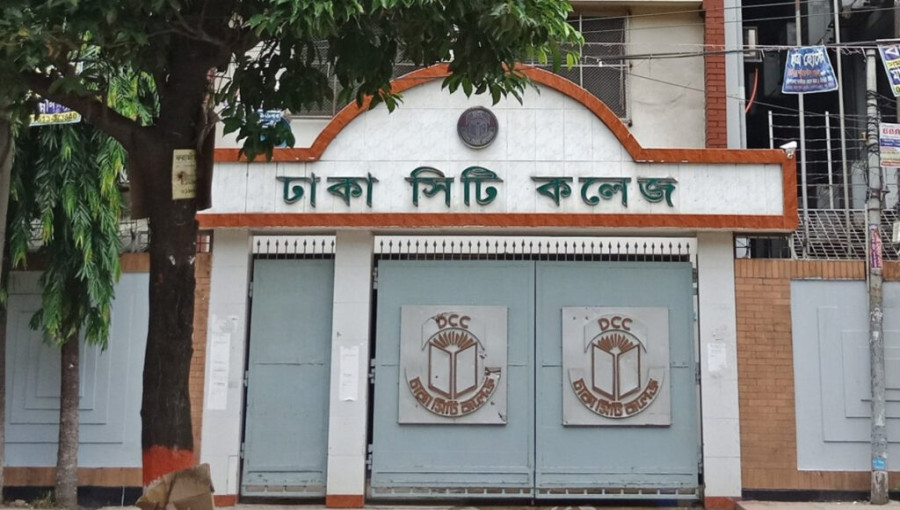
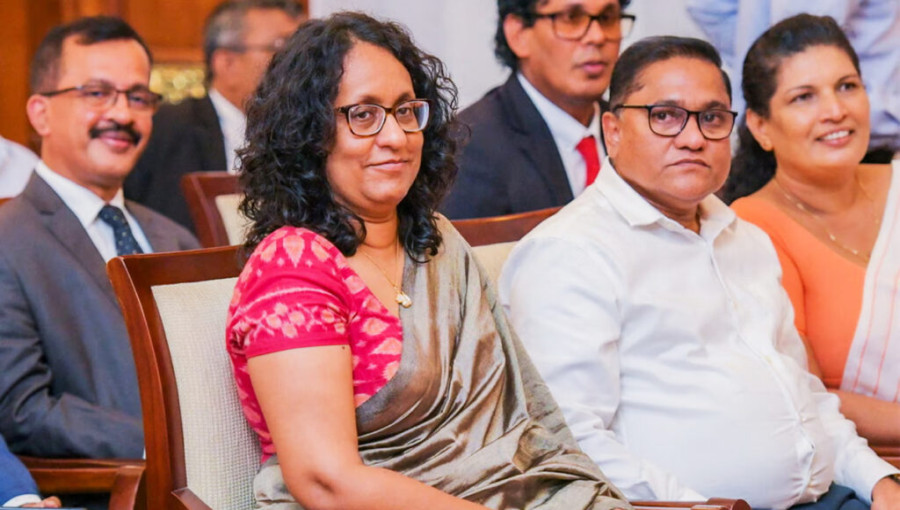
Comment: